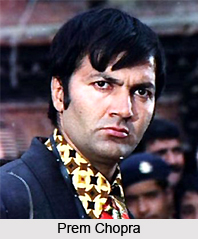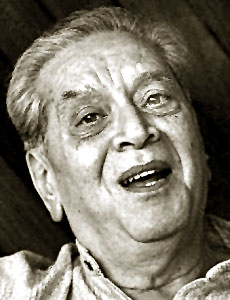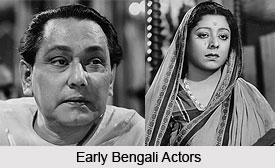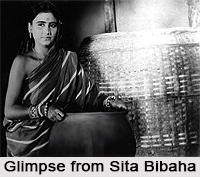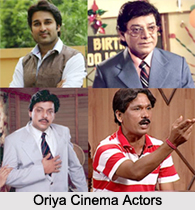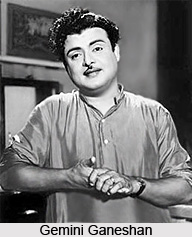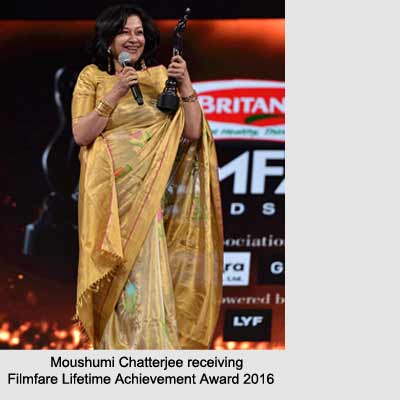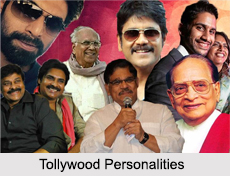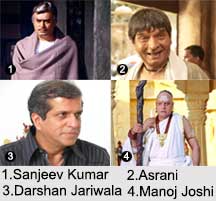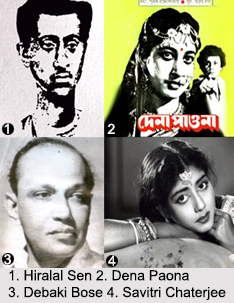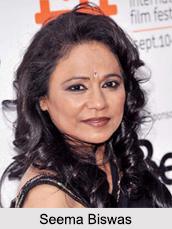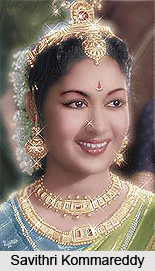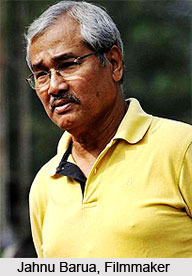 Jahnu Barua is one of the most brilliant among the contemporary Indian filmmakers. He is closely associated with Assamese Seventh Art. Jahnu Barua is the first Assamese director to interpret onscreen the connection between politics and social and cultural events with an aim of bringing an awareness to the public, Jahnu Barua adopts generally a direct style, which serves the level-headed development of the narrative. He has made several films in Assamese and Hindi languages. His films are marked by a humanistic vision. Jahnu Barua`s films are critically acclaimed in India and abroad. However, they have hardly tasted commercial success.
Jahnu Barua is one of the most brilliant among the contemporary Indian filmmakers. He is closely associated with Assamese Seventh Art. Jahnu Barua is the first Assamese director to interpret onscreen the connection between politics and social and cultural events with an aim of bringing an awareness to the public, Jahnu Barua adopts generally a direct style, which serves the level-headed development of the narrative. He has made several films in Assamese and Hindi languages. His films are marked by a humanistic vision. Jahnu Barua`s films are critically acclaimed in India and abroad. However, they have hardly tasted commercial success.
Jahnu Barua`s first feature film is Aparoopa (1982). It is masterpiece as far as its style and technicalities are concerned. It is a very subtle story, set in the colonial period in one of the lush tea plantations for which Assam is famous. The character of Aparoopa is portrayed beautifully by Suhasini Mulay. The plantation and its social routine become a prison of boredom for her since her husband completely neglects her for his business. Things get worse when she discovers, outraged, that her marriage was for the sake of wiping off a huge debt owed by her father. She considers herself as having been sold to her husband.
However the film established Jahnu Barua in India and abroad, propelling Assamese cinema on to the map of the art film is Halodiya Choraye Baodhan Khai (1987). It is deliberate demystifying pastoral title, given the subject of his film.
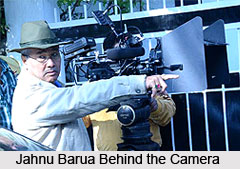 According to Jahnu Barua it is a political film, which takes a stand against the amoral. In the plot the protagonist finds himself to be on the right side and attacking the political opinions of his bad opponents. It was awarded at the Locarno Film Festival.
According to Jahnu Barua it is a political film, which takes a stand against the amoral. In the plot the protagonist finds himself to be on the right side and attacking the political opinions of his bad opponents. It was awarded at the Locarno Film Festival.
Papori (1986) is a very grim melodrama set in the period of massive student demonstrations in Assam for boycotting the elections imposed by New Delhi. The film depicts political corruption and violence in a number of areas of Indian life. The rampant corruption of the state occurs again in a somewhat didactic and definitely ecological film, Banani (1990). This denunciation of rampant deforestation is told through a story and an everyday life, which is accessible and is intended to create awareness.
Firingoti (1991) is the beautiful story of Ritu, a widowed teacher transferred to a small Assamese village. The school here was destroyed by fire ten years earlier. The plot shows the confrontation of the woman with the prevalent male chauvinism and how she succeeds in convincing the village council or the Panchayat to repair even a radio. Ritu manages to build a school but it burnt down by a supposedly `son of the soil` and she has to return with a heavy heart. However, she is comforted by the promise of the inhabitants of reconstructing the school so that no one can suppress the spark of knowledge.
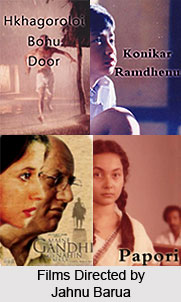
The splendid film by Jahnu Barua, Hkhagoroloi Bohu Door (1997) seems to inaugurate a less socio-political phase and distinguishes itself by remarkable sobriety. In this film there are two heroes: the undulating river, which is indifferent to mankind and Pulwal. This character is essayed by the superb actor Bishnu Khargoria. The hero earns his livelihood as a ferryman of the river and lives on one of its banks. His fondest wish is that his grandson Hkhuman should study so that he may not suffer a fate similar to his.
In 1998 Jahnu Barua made Kuhkhal, an interrogation that the author wants universal on freedom as the anti-British freedom fighters conceived it and on that ideal has become today. He illustrates this ideal through the case of Kuhkhal Konwar. He is a simple Assamese countryman and a nationalist member of Congress party. In 1999 he came up with Pokhi. It is set in Assamese countryside and is marked by the power of simplicity. According to the director it is the story of a little orphan girl, Pokhi, "who finally conquers her world with the unique quality of hers."
Jahnu Barua`s other films include Konikar Ramdhenu (2003), Tora (2004), Maine Gandhi Ko Nahin Mara (2005), Har Pal (2007) and Mumbai Cutting(2010).
Jahnu Barua has been awarded the following awards:
2003: Best Regional Film for Ride on the Rainbow
1999: Best Regional Film for And the River Flows
1998: Best Regional Film for The Price of Freedom
1995: Best Director for Xagoroloi Bohu Door
1992: Second Best Feature Film for Firingoti
1990: Best film on Environment for Bonani
1987: Best Film for Halodhia Choraye Baodhan Khai
1983: Best Regional Film for Aparoopa.








